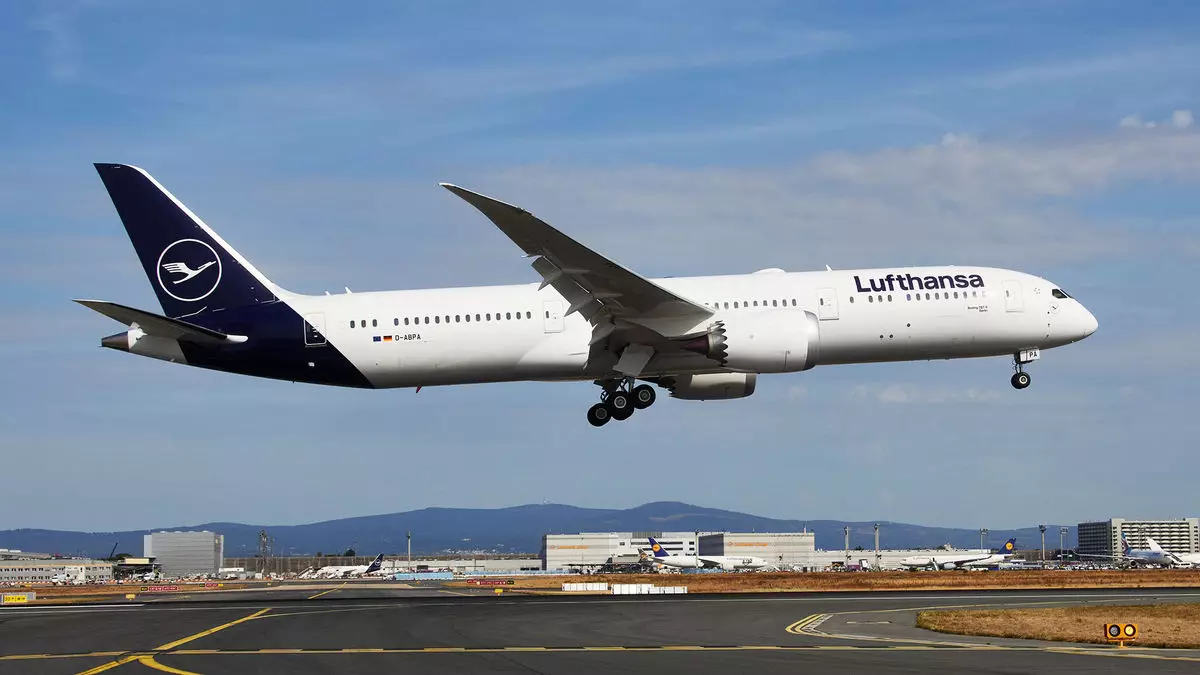The recent fines imposed on Lufthansa and Swiss Air have highlighted ongoing compliance issues within the aviation industry, particularly regarding flight regulations in sensitive airspaces. The U.S. Department of Transportation (DOT) has deemed it necessary to intervene, penalizing Lufthansa with $220,000 and Swiss Air with $200,000 for operating United codeshare flights within prohibited airspace over Baghdad. The troubling fact that this occurs amidst established FAA regulations designed to ensure air traffic safety raises questions regarding the oversight and operational practices of these airlines.
According to the DOT, both airlines are accused of breaching a regulation that restricts flights from descending below 32,000 feet while navigating through Baghdad airspace—a rule in effect since at least October 2020. The circumstances surrounding these violations reportedly occurred between March 2022 and April 2024 for Lufthansa, and from February 2022 to March 2024 for Swiss Air. The critical aspect of these infractions lies in the airlines’ claim that, despite their intentions to comply with FAA mandates by filing proper flight plans, they were hindered from maintaining the required altitude due to a lack of authorization from local air traffic controllers.
This argument brings an inherent complexity to the situation, as it raises the issue of communication failures in air operations. To ensure safety in air travel, both airlines must not only adhere to national regulations but also navigate the challenges posed by jurisdictional discrepancies in international air traffic control. Their insistence that safety was maintained during these occurrences may seem reassuring, yet it also highlights vulnerabilities in existing compliance mechanisms.
The fines against Lufthansa and Swiss Air are not isolated incidents; they reflect a broader trend of increasingly stringent enforcement against foreign carriers violating FAA regulations. This year alone, the DOT has issued fines to six foreign airlines, with the enforcement actions earlier involving Emirates, Etihad, Air Canada, and Ethiopian Airlines for similar violations. Collectively, these fines illustrate the DOT’s concerted effort to uphold aviation safety standards, particularly in turbulent regions like Iraq and Somalia.
While regulatory enforcement is vital for maintaining air safety, one must also consider the operational hurdles airlines face when navigating complex airspaces fraught with geopolitical tensions. As global air traffic rebounds post-pandemic, it is imperative for airlines to adopt robust procedures that not only comply with regulations but also account for potential communication and operational challenges. While both Lufthansa and Swiss Air have agreed to consent agreements to remedy these infractions, adherence to the DOT’s stipulations is crucial for avoiding future penalties.
The situation surrounding Lufthansa and Swiss Air serves as a cautionary tale for international carriers. As air travel becomes more intricate, especially within politically sensitive regions, the need for unwavering compliance and rigorous communication protocols cannot be understated. Airlines must invest in technology and training to ensure that no critical safety regulations are overlooked, and that air traffic safety is preserved in alignment with both U.S. and international standards. Moreover, cooperation between airlines and local air traffic authorities is essential to mitigate operational challenges, ultimately ensuring the safety and security of air travel for passengers worldwide.


Leave a Reply